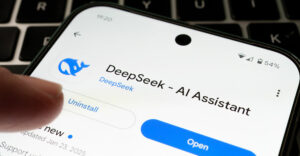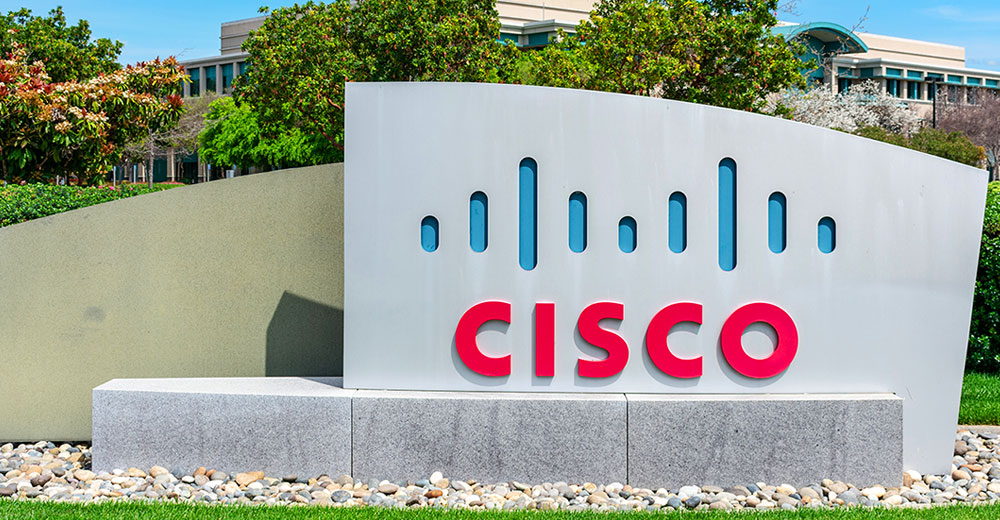The United States Federal Bureau of Investigation’s efforts to compel Apple to unlock an iPhone used by one of the slain San Bernardino terrorists could threaten national security, charged Craig Federighi, Apple’s SVP of engineering, in an op-ed piece published Monday in The Washington Post.
Terrorists and criminals could launch attacks on vital infrastructure through access “to just one person’s smartphone” and cryptographic protections on smartphones are “a critical line of defense,” he maintained.
Law enforcement officials have suggested that Apple return to the safeguards of iOS 7, which “have since been breached by hackers,” Federighi wrote. Further, hacker kits to attack iOS 7 weaknesses are available to less-skilled attackers.
The FBI’s desire for Apple to create a backdoor also poses a threat, he argued, noting that security is “an endless race” and that “yesterday’s best defenses cannot fend off the attacks of today or tomorrow.”
A Focus for Discord
More than 800 responses ro the Post article showed support for both sides of the controversy.
“Arguing that only bad actors need worry about government intrusions is specious since the data analytics that sifts through metadata and associated content to establish networks of associations … is hardly foolproof,” wrote Code Ferret.
The FBI could abuse the power obtained under a favorable court ruling, suggested Joan Ashley.
Rbobbin disagreed, noting that encryption is too sweeping.
Craig Lawson responded by posting a link to a letter from Salihin Kondoker, husband of one of the slain victims, who expressed support for encryption despite his personal tragedy.
A Community Split
Members of the security committee also are divided in their views on the issue.
“Compelling Apple to build a backdoor for its own product actually undermines the security and personal safety of millions of Americans and others around the world, especially those living under authoritarian regimes,” said Sophia Cope, a staff attorney at the Electronic Frontier Foundation.
It does so “by creating the legal precedent, by weakening the trust users have in software updates supposedly authorized by companies, and by building the technology itself,” she told TechNewsWorld.
“Walking backwards into the future is never a clever way,” remarked Ebba Blitz, CEO of Alertsec.
“It’s not only weakening encryption for individuals and companies — it’s also weakening encryption for the American government,” she told TechNewsWorld. “By creating the possibility of brute force [attacks], we are paving the way for anyone, including terrorists, to hack into our data easily.”
If Apple should lose this court battle, “we may need to take a look at, and revise the purpose of, the law,” Blitz continued, warning that in the long run, it would drive the U.S. tech industry overseas.
“Everything from health data to financial data to conversations with and about our kids is protected because of encryption,” contended Jake Ward, president and CEO of the Application Developers Alliance. “Why would we want to go back to iOS 7?”
Deliberately weakening encryption “just for the good guys” is not possible, he told TechNewsWorld. “You can’t secure your home while leaving a window open for the police, hoping bad guys don’t find it and use it.”
With a court order, law enforcement agents should be able to unlock any cellphone or device, countered Philip Lieberman, president of Lieberman Software.
This doesn’t put security or privacy at risk, because “there’s a one-to-one capability that would allow for limited access to single devices only via cryptographic techniques,” he argued.
“There is no win or loss in the court battle — only clarity in the government’s overall position toward law enforcement’s immediate right to access systems,” Lieberman told TechNewsWorld.
Apple “is trying hard to answer some important questions about the role technology plays in our lives and its relationship with the law and our rights guaranteed under it,” suggested ADA’s Ward.
“These are existential questions in the digital age that aren’t new to law enforcement, lawmakers or technology companies,” he pointed out. “That they are being talked about in a broader form may ultimately bring about a solution.”
























































When you look at companies like Amazon pulling encryption from Fire tablet’s because Amazon says nobody used it. I guess I wonder if this is more a principal thing then anybody actually worrying about something they don’t use? I totally agree that Apple defense is legitimate but also brings an acceptance that you also help the bad guys. What criminal would not want a defense like privacy used in their favor? We all enjoy our privacy and yet we don’t want to help the terrorists stay dark and not know what they are doing. I AM not sure you can have it both ways.